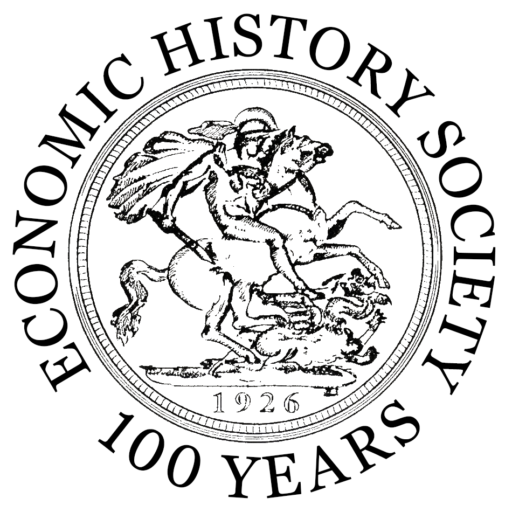Religious politics and the limits of redistribution: The rise and fall of family allowances in Spain, 1926–58
Log in to access the full article.
After the Second World War, family allowances became a cornerstone of social spending in western Europe. Whilst religion is often highlighted as a driver of this policy, the role of political Catholicism remains contested, particularly in southern Europe. This paper examines the Spanish case, tracing the development of family allowances from their inception in 1926 to the conclusion of early Francoist labour legislation in 1958. It connects the policy preferences of political factions and interest groups to the evolution of family allowances under three political regimes. The study argues that understanding the role of social groups, particularly Catholics, requires addressing both their social policy goals and redistributive preferences. It shows Catholic cadres’ consistent advocacy for family allowances as public support for the family wage since the 1920s, despite resistance from employers and the labour movement. Their preference for corporatism and limited redistribution shaped their framing as a social insurance and occupational scheme, implementing it even before the end of the Spanish Civil War as Catholic influence increased. However, the redistributive preferences of Catholics imposed structural limits to the scheme’s expansion, particularly in agriculture, further constrained by competition with Falange and the dictatorship’s resistance to tax reform.

